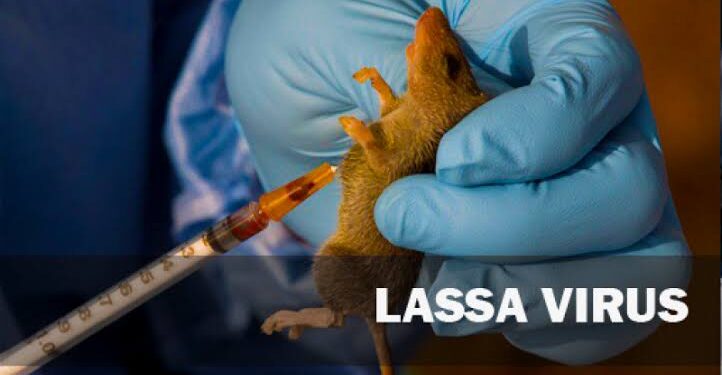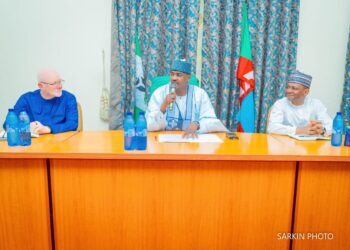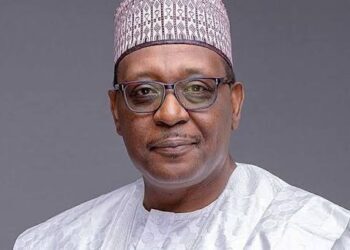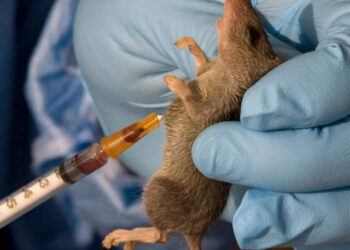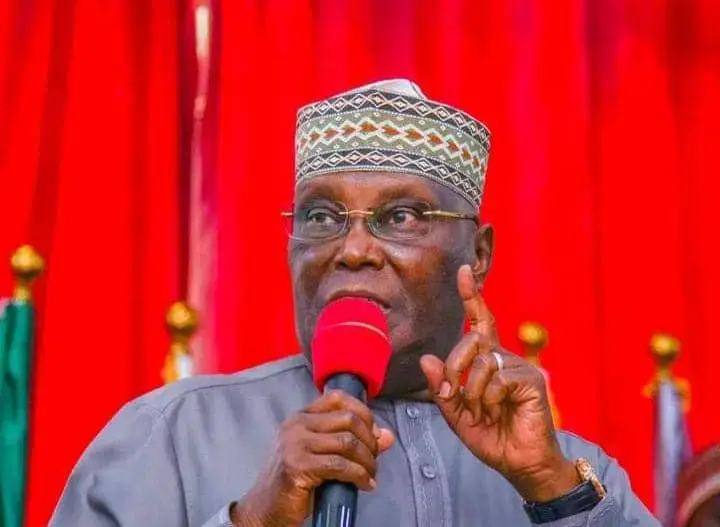The Nigeria Centre for Disease Control and Prevention (NCDC) has raised concerns over what it described as “increasing number of Lassa fever cases and fatalities, a significant public health risk.”
The NCDC Director-General, Dr Jide Idris, revealed this on Monday in Abuja, saying that 1,154 confirmed cases and 190 deaths were recorded so far this year, representing a case fatality rate of over 13 per cent.
Additionally, he said, 9,492 suspected cases have been documented across the country, with six states — Ondo, Edo, Bauchi, Taraba, Benue, and Ebonyi — accounting for 89 per cent of confirmed infections.
He added that the last four weeks saw sharp rise in cases, signalling the severity of the outbreak.
He explained that “this trend underscores the urgent need for targeted interventions in high-burden states and communities.”
He noted that 10 local government areas, including Owo, Etsako West, Esan West, and Kirfi, account for nearly 59 per cent of confirmed cases, Ondo State alone represents 29.7 per cent of cases, followed by Edo at 22.7 per cent and Bauchi at 17.9 per cent.
In response to the outbreak, he said that the NCDC has activated Emergency Operations at Response Level 2 to enhance coordination and management efforts.
“The agency has distributed critical medical supplies, infection prevention materials and diagnostic tools to affected states.
“Additionally, the number of Lassa fever testing laboratories has been increased from nine to 13 to improve diagnostics.
“Rodent control activities are being carried out in hotspot states, while heightened surveillance and public health messaging are being implemented to mitigate the outbreak,” he said.
He highlighted that collaborative efforts with state governments, healthcare providers and community leaders, saying they are critical to reducing the impact of Lassa fever.
According to him, the NCDC has issued public guidelines to curb the spread of the virus.
“These include maintaining a clean environment, storing food properly, and avoiding contact with rodent-infested areas.”
He advised that early presentation at health facilities can significantly improve survival rate, while individuals experiencing symptoms such as fever, headache and general body weakness should seek prompt medical attention.”
He said healthcare workers have been urged to exercise caution and adhere to infection prevention protocols when handling suspected cases.
He emphasised that people living in rodent-infested areas, handling contaminated food, or preparing bushmeat are at heightened risk.
Idris assured Nigerians of NCDC’s commitment to protecting public health through proactive measures and continuous collaboration with stakeholders.
He called on citizens to adopt preventive practices and report suspected cases to health authorities immediately.
“We must work together to safeguard our communities. Lassa fever is preventable and with prompt action, we can reduce the number of cases and deaths,” he said.
For further information, he advised Nigerians to contact the NCDC through its toll-free number (6232) or follow updates via its social media platforms.
The News Agency of Nigeria (NAN) recalls that Lassa fever, identified by the World Health Organisation (WHO) as pathogen with high potential for severe outbreaks, poses growing threat as climate change puts an estimated 700 million people at risk.
Symptoms of the disease include fever, headache, muscle pain and in severe cases, facial swelling and bleeding. Survivors often suffer from long-term complications such as deafness.
Meanwhile, public health experts said concerted efforts are required from both the government and the public to avert further loss of lives.(NAN)


